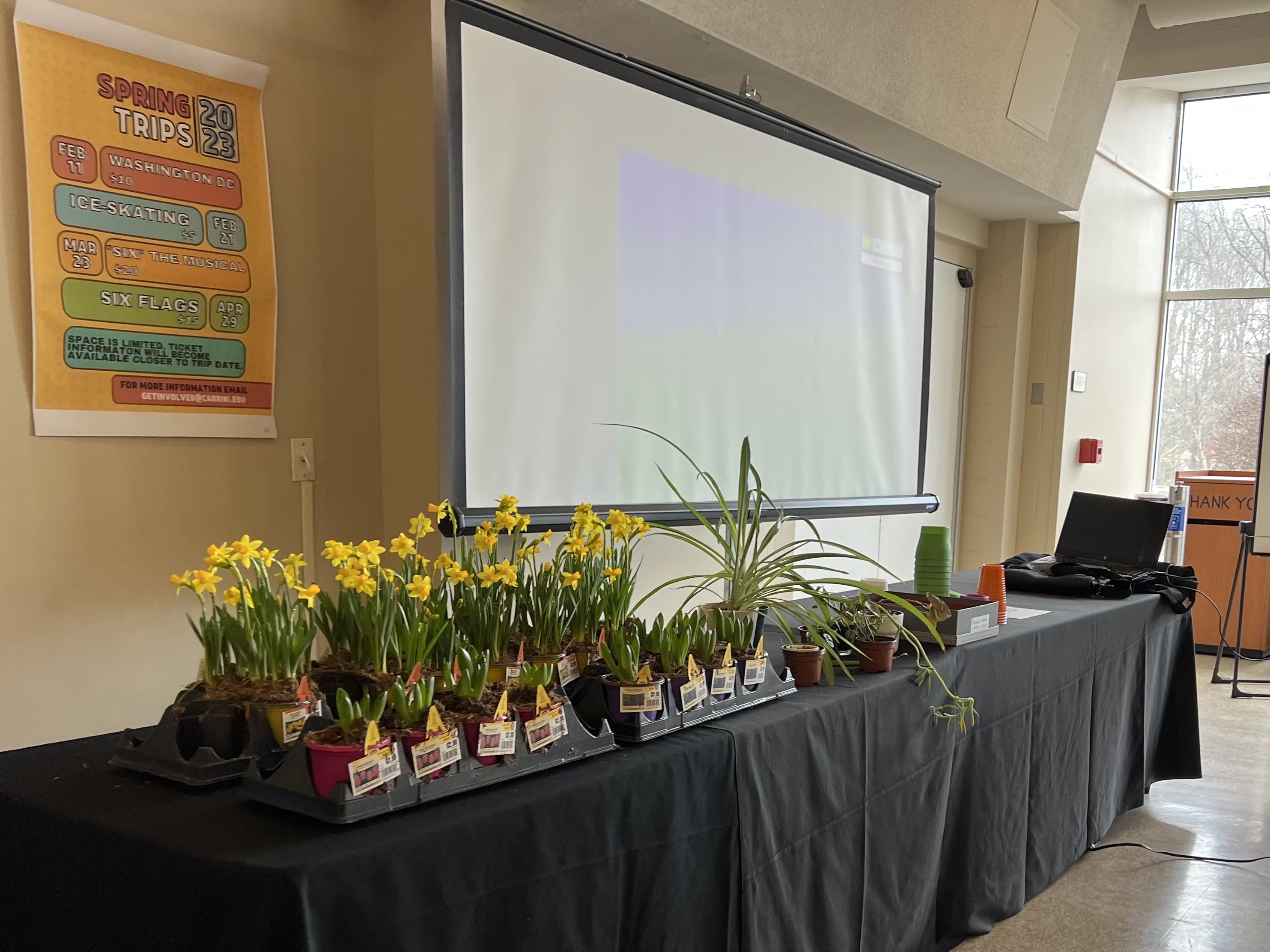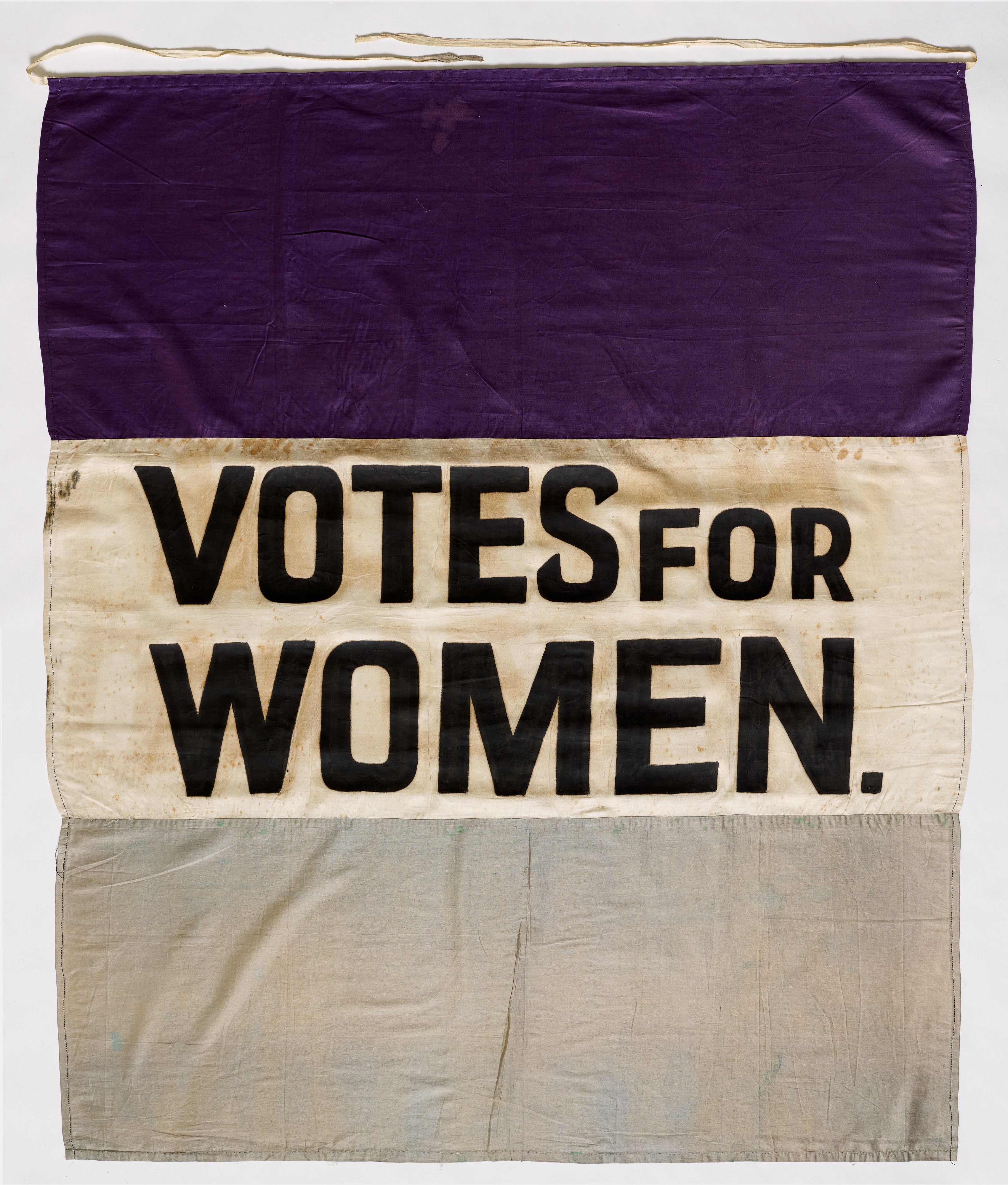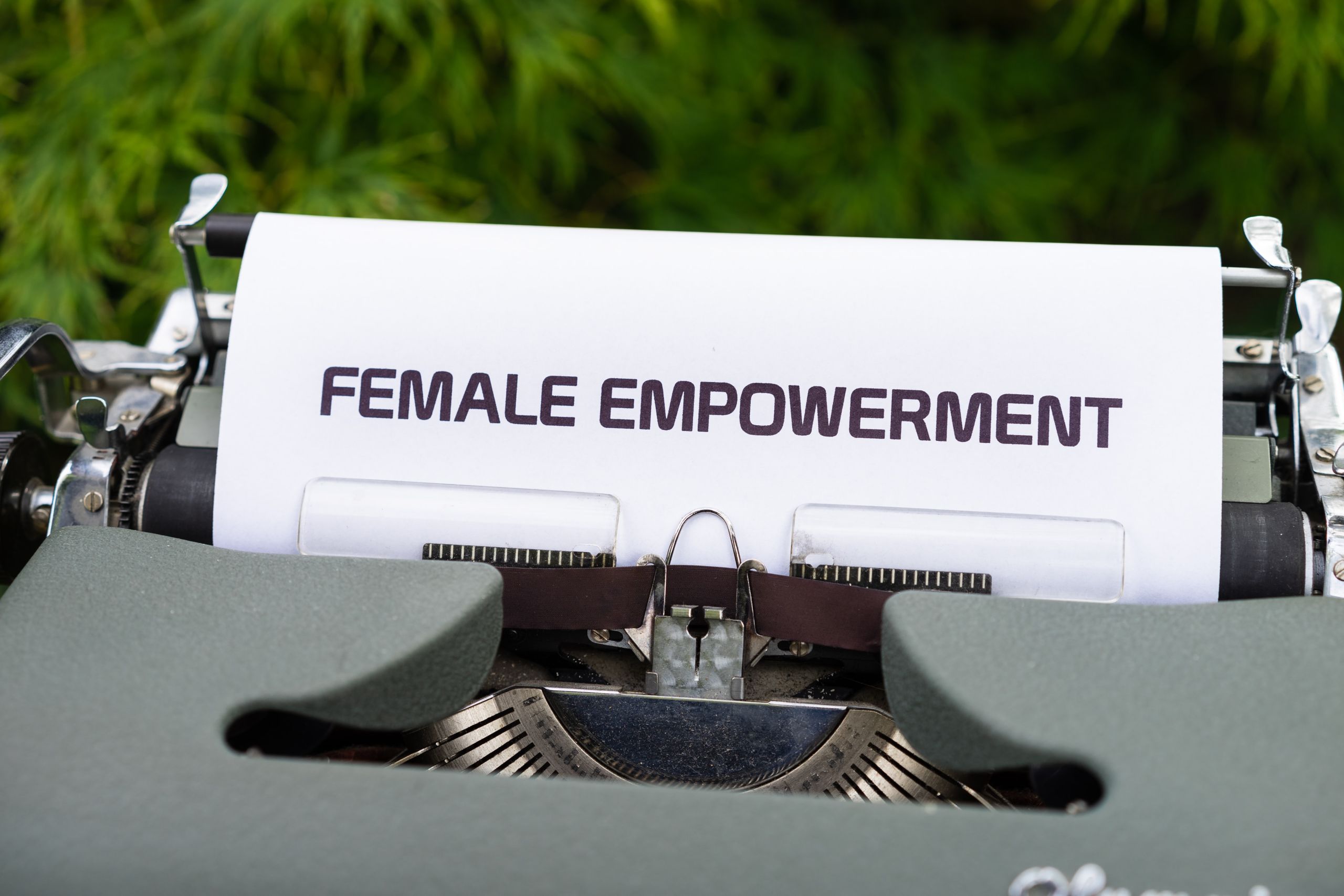March marks Women’s History Month, created in 1987 by the Education Task Force of Sonoma Country Commission on the Status of Women. They planned a Women’s “History Week Celebration.” Then in the next five years, Congress passed a law that made the month of March, “Women’s History Month.” It is a time to celebrate the achievements, accomplishments, contributions, and cultures of women all around the world.
Raina Johnson, assistant director for Student Engagement and Leadership, and advisor for Campus Activities and Programming Board, said, “Women’s History Month is important because we live in a very patriarchal society and one of the great things about Cabrini is that it was founded by a woman. So, I feel like women’s history is very much ingrained in the roots of Cabrini.”
To highlight, women’s history this month, Cabrini student leaders, organizations, and clubs continue to introduce new topics and events for the community throughout the next few weeks.
Tending those roots

The first event was the “Planting and Potting” decorating event held at The Grill on Friday, Mar. 10. Johnson explained that students will learn about women’s history through plants, art, agriculture, and herbal medicine, as well as talking about the importance of indigenous practices.
During common hour, on Wednesday, Mar. 15 in the Iadarola Lecture Hall, the Office of Diversity, Equity, Inclusion, and Belonging hosted a lecture, “Inclusion or Illusion: Who Owns the Female Body?” This was an open discussion with Dr. Angela Campbell, Dr. Zakia Gates, Dr. Colleen Lelli, Dr. Amy Lee Persichetti, and Dr. Vivian Smith, who are experts is various aspects of women’s studies. They covered topics about the ongoing objectification, commodification, and subjugation of women’s bodies.
On Mar. 22 at 6 p.m., CAP board hosts an annual women’s empowerment event. But this year will be different. The guest speaker for this event who is Queen Sheba. “A spoken word artist, black woman, and multi-time Grammy nominee for her spoken word poetry,” Johnson said.
Throughout the rest of the month, Spectrum and the Student Government Association will put out tables with information about aspects of women’s history. “Spectrum is going to be focusing on trans-women history and trans activism,” Johnson said.
On April 18, the Center for Global Learning will host a workshop that involves empowering women through flamenco dancing. Dr. Nancy Watterson, professor of American studies and the director of Cabrini’s Center for Global Learning explained, “Instead of just having panelists, watching films, or reading, we like to see how you can step into the roles and in culture by trying out the steps and movements of different traditions.”
Watterson said, “It is a great way to compliment these other events because you have to try it out for yourself.”

Elba Cena is a classical Spanish teacher for flamenco dancing and a performer with Philadelphia’s Pasion y Arte. “She is amazing and you learn it from the inside out by trying out the steps,” Watterson said.
Flamenco dancing was introduced to Cabrini students and faculty a few times in the past semesters, as Watterson recalls how much of a success it was for everyone who went.
Besides the events held for students, women’s history is also being taught inside the classroom, “In my History of Art Protest class, we always do a unit during Women’s History Month. We look at figures who are change-makers, like Alice Paul and Lucy Burns who were part of the suffrage movement to get the women’s right to vote,” Watterson said.
Importance of celebrating women
Watterson believes, “For Women’s History Month, it is important that we take time to put a focus on populations whose position has sometimes been disenfranchised and often still is, especially in other parts of the world. Having a special month makes us bring focus to amplify these issues.”
Johnson agrees, “Women are the most vulnerable populations across the world, it is important to have more awareness toward them.”
She continued, “Having that awareness being brought to students who may not get that education outside of school is great for them. They will learn what they could possibly do to help and bring more awareness to women and their struggles.”



